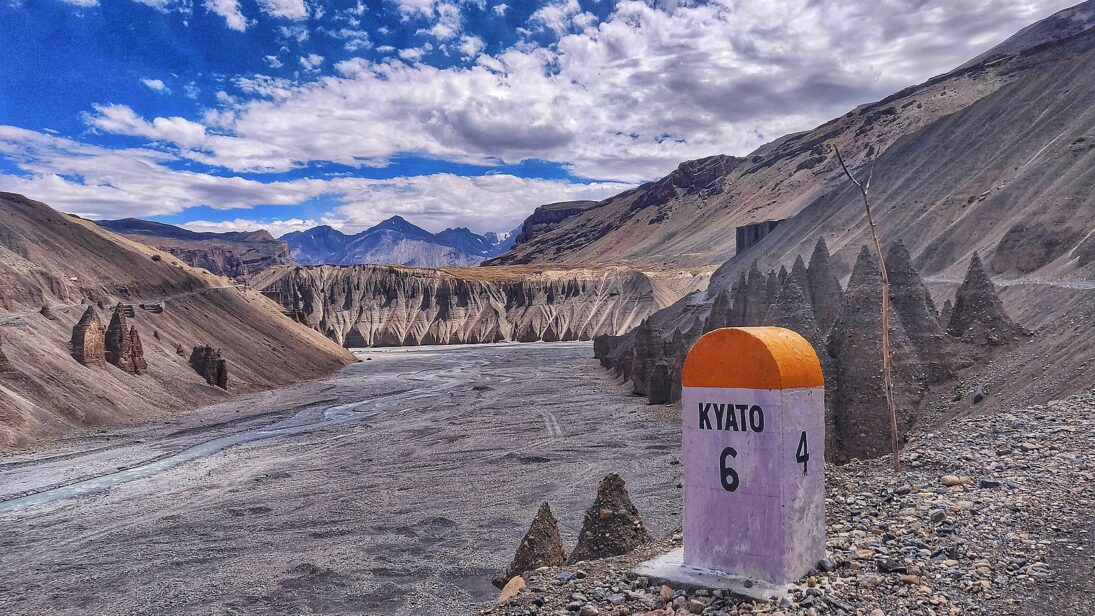
At South Asian Voices, we pride ourselves on publishing diverse perspectives from across the subcontinent on important and often contentious issues related to the politics, security, and economics of South Asia. Below are the SAV editorial team’s top picks of 2023:
Sophia Kierstead
China’s Energy (In)Security amidst India’s Geostrategic Advantage in the Indian Ocean Region
Raghvendra Kumar, August 24

Raghvendra Kumar deftly explains how China’s increasing energy needs from West Asia and Africa are driving its maritime expansion in the Indian Ocean Region, outlining multiple implications for India’s strategic response. To secure a favorable maritime position in the region and offset India’s geostrategic advantages, Kumar says, Beijing seeks access to key ports through the BRI strategic financing model. However, if the Indian Navy is able to credibly demonstrate that it will be able to block China’s access to its energy imports in the event of a conflict, India has an opportunity to play a major role in regional strategic balancing. Coming right on the heels of PM Modi’s visit with Biden in June, out of which India walked away with multiple defense cooperation agreements, Kumar makes an essential argument for India to modernize its navy sooner rather than later.
The Securitization of Punjab’s Political Economy Crisis
Mahika Khosla, June 23

I’ll admit, when I first read this article — before I joined South Asian Voices — I didn’t realize I’d be working with Mahika Khosla! Through the framework of securitization, she encourages readers to examine the narrative choices of the Indian government. Before international media was in a flurry over the alleged assassination plots of Sikh separatists from the U.S. and Canada, Mahika Khosla writes insightfully about what she identifies as a strategic diversion away from Punjab’s political economy towards an outsized focus on Khalistani separatism. By using discursive means to transform ordinary political issues into security issues, she explains, the state convinces the public of an existential threat which then justifies their extraordinary responses. A masterfully written and astute piece, I encourage our readers to tackle this one.
Mahika Khosla
Kashmir’s Youthful Aspirants: Politics Amidst Control and Change
Mohd Tahir, December 8

Distinct from traditional SAV pieces, Mohd Tahir uses an ethnographic approach to analyze an emergent trend of youth participation in Jammu & Kashmir’s electoral politics. Examining the shift from agitational to developmental politics after the abrogration of Article 370 in 2019, Tahir traces a unique psychosocial, political, and strategic shift, presenting novel research on the Valley that is rarely covered by traditional news outlets. He argues that given the dismal state of underdevelopment in the region, the youth of J&K are increasingly allying with the local BJP government and partaking in electoral politics as a strategy to bring about social and economic change. J&K is a region heavily censored by the Indian government, and within this context, it was a pleasure to gain insight from Tahir on the local political landscape and to publish voices from the ground. I highly recommend this rigorous and nuanced article to anyone open to fresh and subversive perspectives and curious about Kashmir.
Bangladesh is Forging Ahead with a Green Foreign Policy
Kazi Asszad Hossan, August 11

A must-read for anyone interested in climate diplomacy, Kazi Asszad Hossan makes a compelling argument for increased South-South partnerships to tackle the shared impacts of climate change. Using Bangladesh’s foreign policy approach as a case study, Hossan examines how Dhaka’s centers climate change in its diplomatic outreach. He argues that while the country has been forging strong green partnerships with climate-conscious nations like Denmark and the Netherlands, it must partner with other developing countries to collaboratively create indigenous climate resilience mechanisms. With the recent conclusion of COP28, it would be well worth the time of policymakers and diplomats in Bangladesh and other climate-vulnerable countries to pay attention to Hossan’s recommendations.
Sania Shahid
Former FATA’s Mainstreaming Remains Elusive
Osama Ahmad, July 11
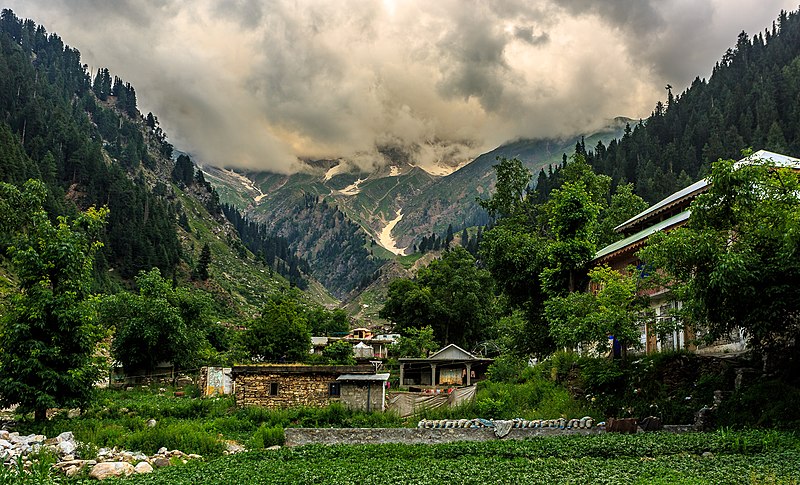
Five years after the initial announcement of mainstreaming the former Federally Administered Tribal Areas (FATA) into the Khyber Pakhtunkhwa (KP) province, Osama Ahmad highlights the grievances of local populations. The article masterfully charts the colonial legacy that lingers today and discusses the government’s shortcomings in improving the facilities that residents rely on. In addition to management failures and corruption, security threats in the form of the TTP’s (Tehreek-e-Taliban Pakistan) resurgence have contributed to the turmoil in ex-FATA. Ahmad’s analysis concludes with concrete recommendations for the way forward, which include supporting the education and health sectors, ensuring that mainstreaming funds are used appropriately, and investing in the security of the region.
Modi’s Outreach Toward Muslims Overseas & in India — A Case of Cooperation and Coercion
Anuttama Banerji, August 15
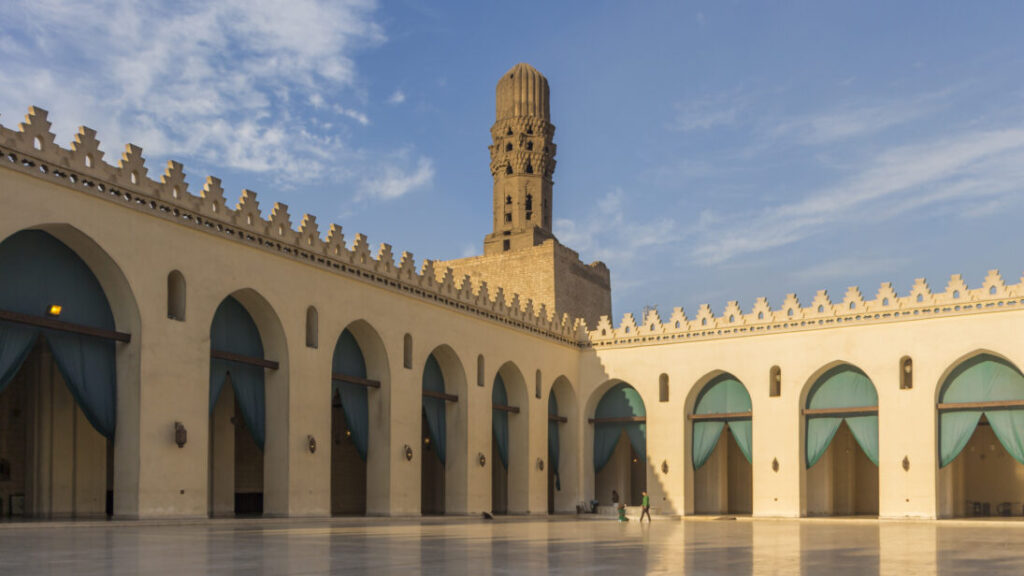
2023 Visiting Fellow Anuttama Banerji identifies an interesting contradiction between PM Modi’s approach to Muslim communities in India and Muslim countries abroad. She points out that public opinion toward India in Muslim-majority countries is dependent on the treatment of Muslims in India by the BJP government. As such, beyond the obvious moral case for equal treatment of all citizens, Banerji presents a strategic justification for the BJP government to end its discrimination against Muslims. Since India is gearing up to assume a leadership role to represent countries that are marginalized by the West, partnerships with Muslim-majority countries become increasingly important. Banerji offers a “what not to do” guide to keep these countries on India’s side.
Siddharth Sridhar
Subconventional Stability on the Korean Peninsula: Lessons From South Asia
Frank O’Donnell, October 20
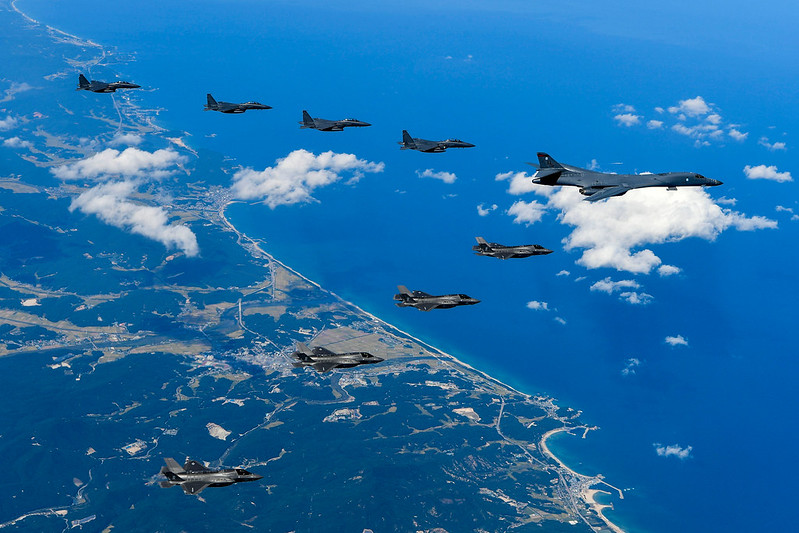
As South Korea increasingly looks towards obtaining nuclear arms in response to North Korea’s advancing threats, Frank O’Donnell provides a powerful analysis focusing on the complexities of subconventional instability. He looks towards another region with two nuclear powered neighbors: South Asia, for his analysis. His comparative approach explores the lessons that Seoul could learn from India and Pakistan’s security dynamics post-nuclearization, and he advocates for greater dialogue and risk-reduction measures. I highly recommend this piece along with the rest of the “Nuclearization Debates: What Can South Korea Learn from South Asia?” series for readers who want to learn more about the surprising lessons that both regions can draw from each other.
Climate Cooperation: Can India and Pakistan Mitigate Climate Change Together?
Anuttama Banerji and Muhammad Shareh Qazi, September 27
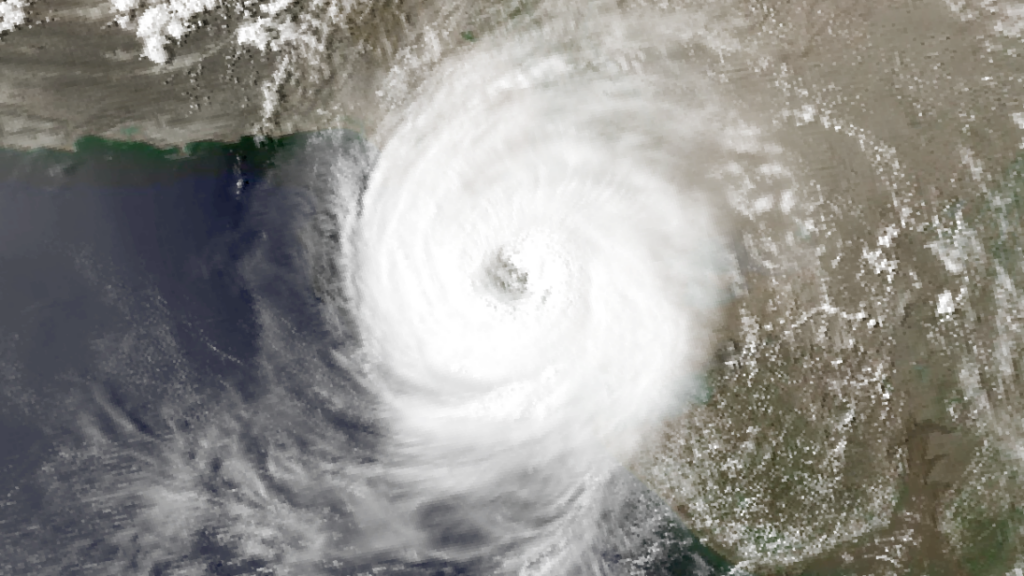
This outstanding and timely work is an outcome of cross-border collaborative efforts between two 2023 Visiting Fellows Anuttama Banerji and Muhammad Shareh Qazi. Tackling the challenge of insufficient climate cooperation between India and Pakistan, the authors masterfully weave historical examples of cooperation and existing bilateral frameworks into a persuasive analysis. The argument positions climate change as a transformative platform for cooperation beyond the confines of the traditional Indo-Pak rivalry. In addition to underscoring the obvious benefits for collaboration, the authors present a compelling argument for viewing climate cooperation as a strategic avenue for implementing confidence-building measures.
***
Image: Desert Mountains of India via Wikimedia Commons